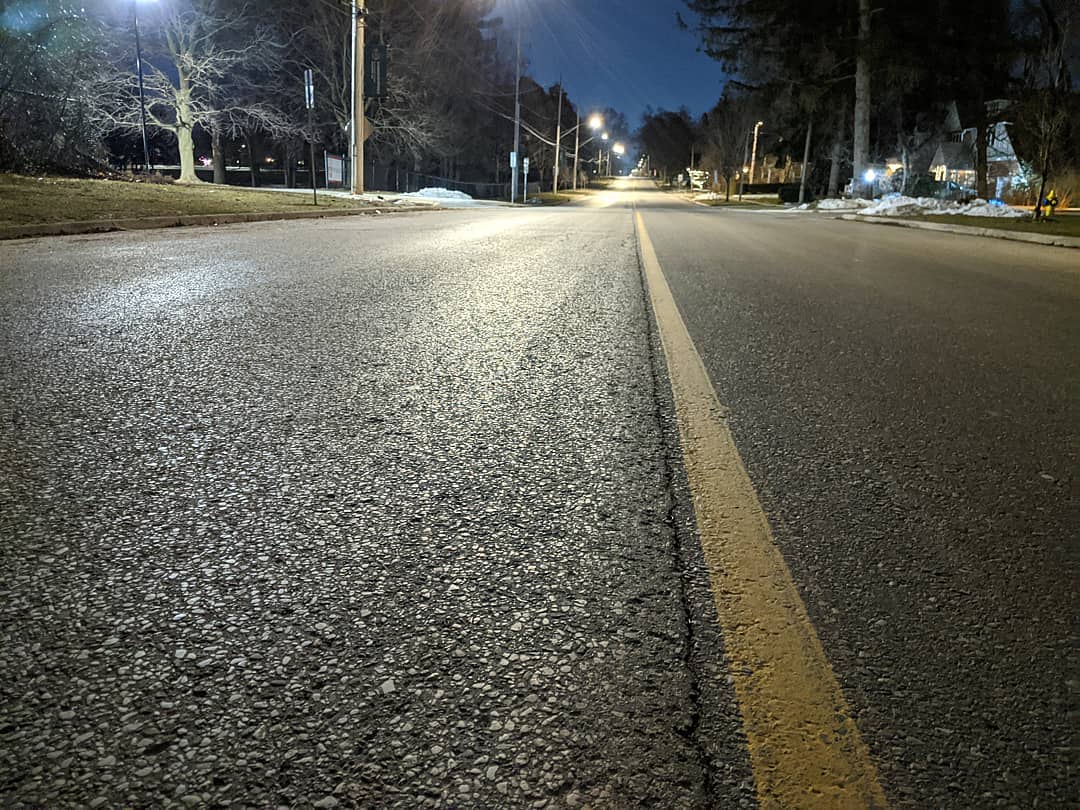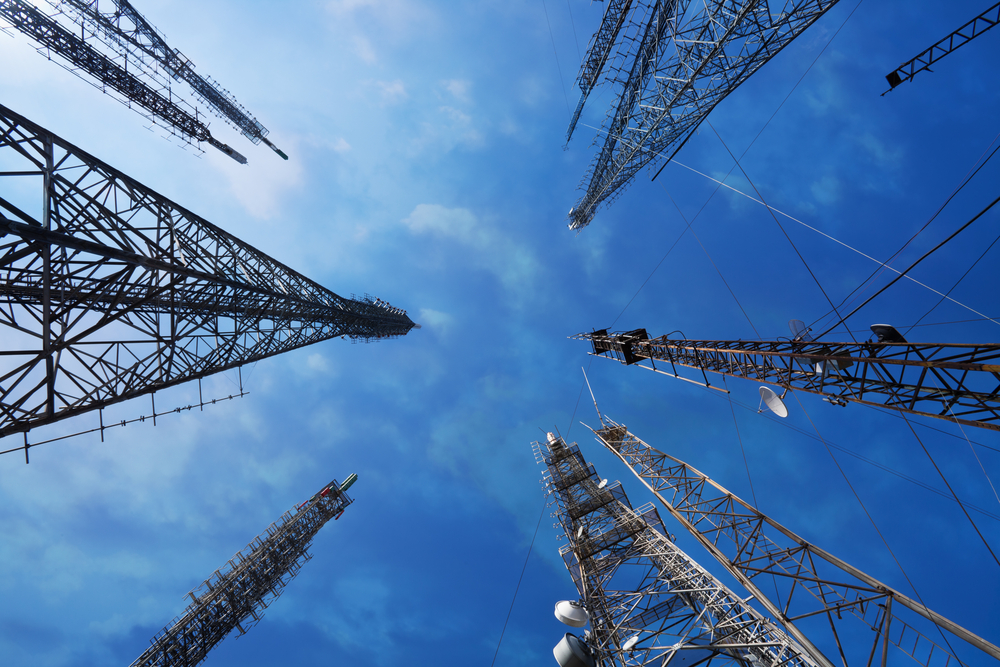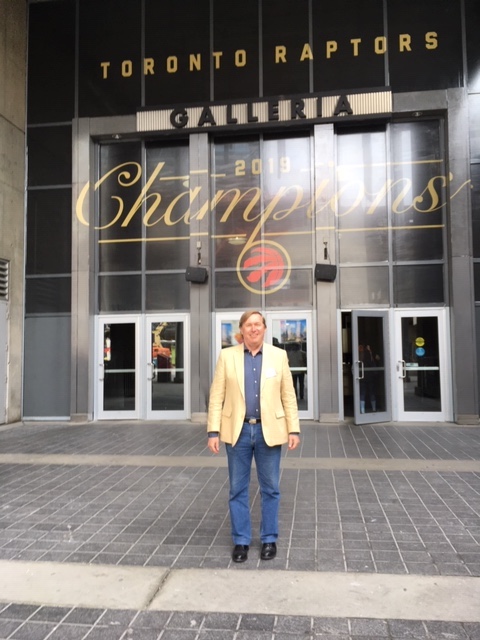Category: Adventure
-

Deep Dive Space Tourism & Exploration
The fifth session of the Course on “The Business and Economics of Space” was on Tuesday, Nov 16. This session was a Deep Dive into Space Tourism and Exploration. You can find my earlier post on the Deep Dive into Launch and Satellites here. Space was in the mainstream news this summer with plenty of…
-

2020 Redux
Back in early January, I wrote a post on my 2020 vision where I focused on a few topics I thought would be of importance in the New Year. My goal was to avoid the dreaded Top 10 list of predictions by providing more substance. Back then we were all quite innocent and unprepared to…
-

How Cell Towers Work
I found this on YouTube and thought it was worth sharing. It is by Michael Fisher aka “Mr. Mobile” “Come along as I scope out not one, but two cell sites: one hidden in the steeple of a church, the other perched high atop the tallest mountain in the Northeast. In the process we’ll learn…
-

Home of the NBA Champions
Recently I was in downtown Toronto for the RAG (Risk and Assurance Group) Conference on telecom fraud. That conference will be the subject of another post. RAG was being held at Telus Harbour which is next to the Scotiabank Arena. So I had to take a picture in front of the home of the 2019…
-

Exploring Canada’s North
I apologize for the lack of posts recently. Summer vacation and back to school and other events took my focus away from blogging. Now I am ready to dive back into it with renewed vim and vigour ! This year for our family vacation we decided to go North, really North. To the Spectacular Northwest…